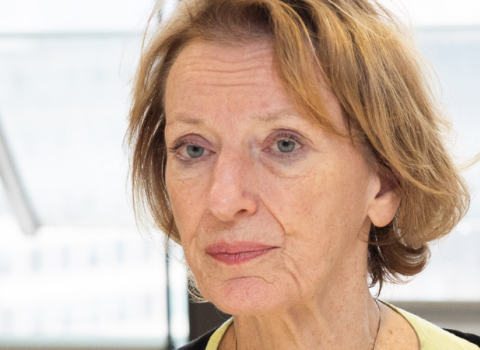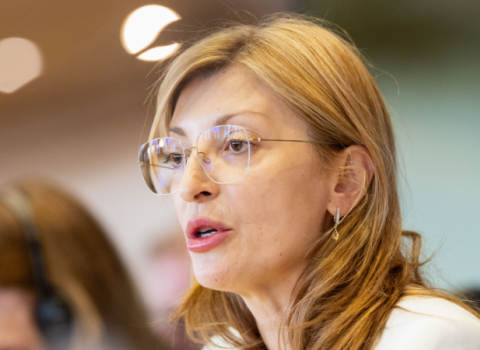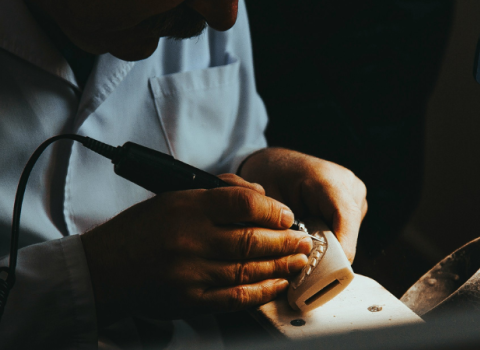While many of the last big technical and legal obstacles to a single European patent system have been removed, a new legal system to administer the “unitary patent” still has to be legislated for in five countries, the European Patent Office (EPO) confirmed this week.
Issues surrounding renewal fees and how they are distributed between national intellectual property offices and the EPO, and other budgetary and financial rules, are completed, said EPO President Benoît Battistelli. “With the adoption of these rules, the preparations for the unitary patent are complete,” he said. “We are now legally, technically and operationally ready to deliver.”
Under Europe’s existing patent regime, patents granted by the EPO must be registered and enforced at a national level. In future there will be a choice to either register the patent country- by-country as now, or register it as a unitary patent, providing protection across the 25 countries signed up to take part.
The unitary patent was due to take effect at the start of 2015, but after more than four decades of effort and two years since the legislation was voted through in December 2012, it has been a struggle to get the package to fly.
Waiting on the new court
“The only remaining step is the opening of the unified patent court and the finalisation of the ratification process at national level. We hope this will happen in 2016,” Battistelli said.
The new court system, where unitary patents will be challenged and/or enforced, requires ratification by 13 countries before it can come to life.
The process is taking longer than expected. In an interview with Science|Business last year, Battistelli predicted the new court would be up and running in 2016, but observers say it is not likely to be operational before mid-2017.
So far eight countries have passed legislation for the new court, although this does not include either Germany or the UK, which will both host the court alongside France.
The decentralised structure will see a central division in Paris, a branch in London dealing with biotechnology and pharmaceutical patents, and a branch in Munich dealing with engineering patents. A Court of Appeal and a registry will both be based in Luxembourg.
There is likely to be some early trepidation attached to the court because if companies lose a patent under the new system their protection will disappear throughout Europe.
Unitary patent cost
Today, patent holders must pay an initial registration fee in each country where they want it to be valid, requiring multiple translations and local lawyers.
The fee structure for the unitary patent will correspond to the sum total of the renewal fees paid for the four countries in which European patents are most frequently validated, namely Germany, France, the UK and the Netherlands.The total renewal costs for a Unitary Patent for the life span of 20 years is expected to be less than €36,000 as opposed to a company paying about €160,000 to register a patent in 25 European countries today.




 A unique international forum for public research organisations and companies to connect their external engagement with strategic interests around their R&D system.
A unique international forum for public research organisations and companies to connect their external engagement with strategic interests around their R&D system.